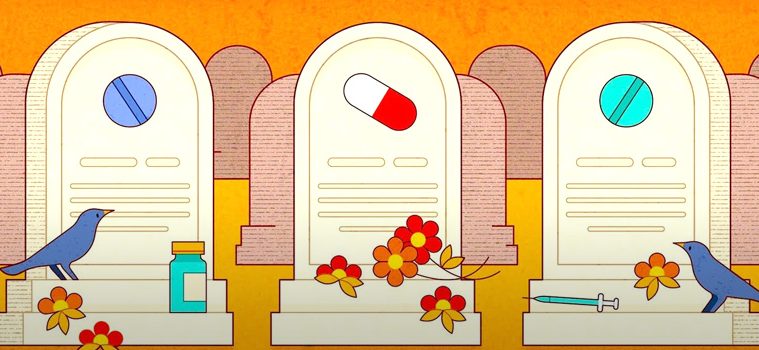Opinion: Getting High in America –
Dec. 29, 2019 – So how did 80-year-old cannabis laws finally begin to crumble this past decade? Though very different in properties and ill effects, marijuana’s image shifted for some of the same reasons that opioids changed the drug conversation in America: White people being criminalized, the medical industry having a role in how to calibrate use of the drug, and a feeling among both liberals and conservatives that filling up jails with users was a waste of lives and money. Cannabis laws didn’t change all by themselves, and it’s important to recognize the role that grass-roots advocacy played. “The remarkable progress of marijuana legalization over the past decade was driven not by for-profit interests but by people and organizations who care first and foremost about freedom, justice, compassion and human rights,” said Ethan Nadelmann, the founder and former director of the Drug Policy Alliance, the nonprofit that helped get cannabis on the ballot in numerous states…
Another explanation for this seismic shift away from the brain-frying-in-a-pan attitude toward drugs is generational. Fewer millennials and zoomers have grown up on abstinence anti-drug education after groups such as DARE lost millions in funding after research consistently showed its ’80s-style programming was ineffective (DARE has since rebranded and claims their “keepin’ it REAL” campaign works this time).



